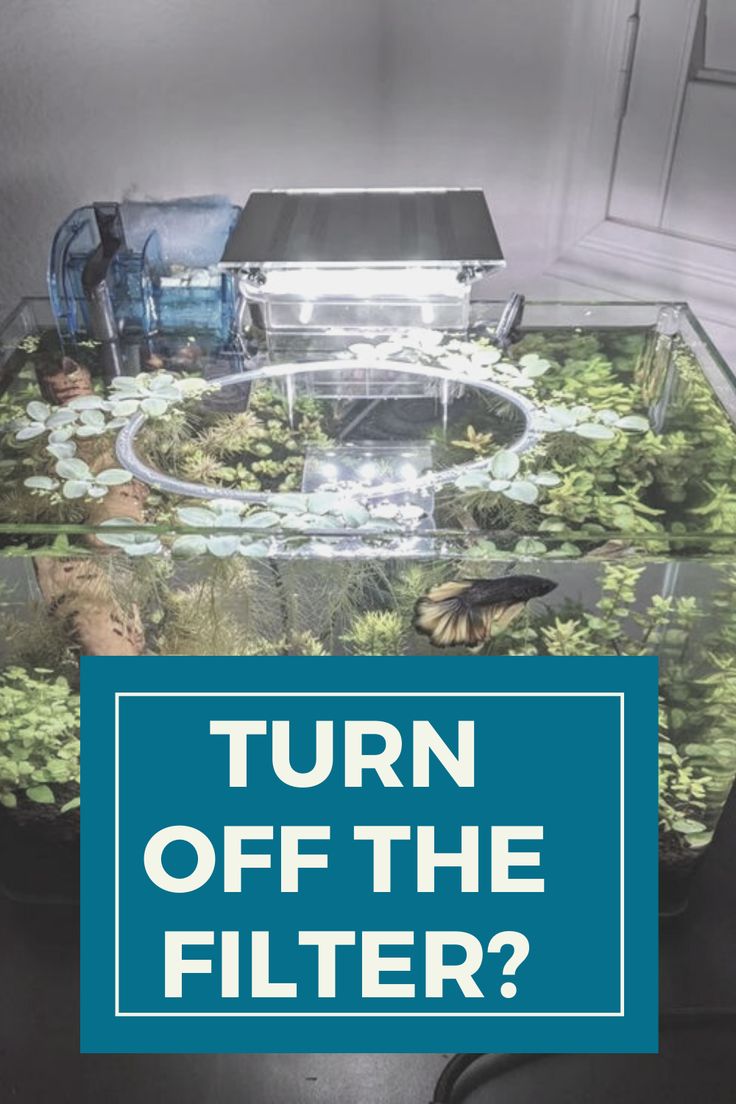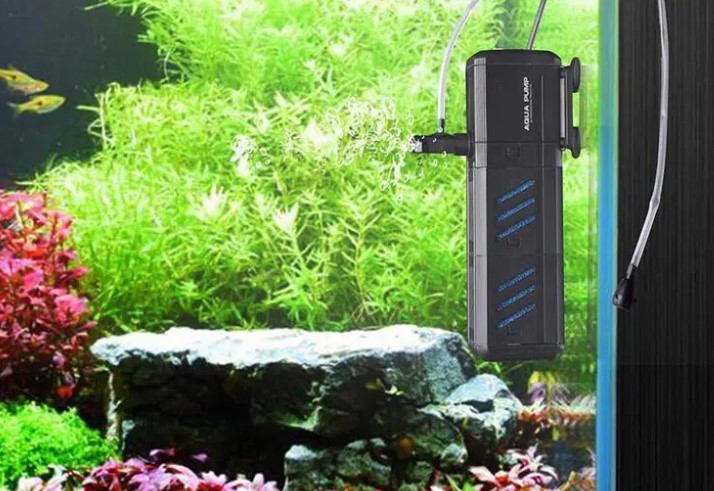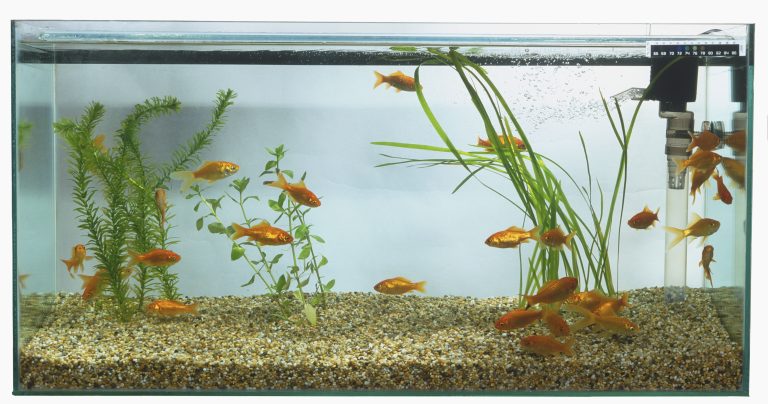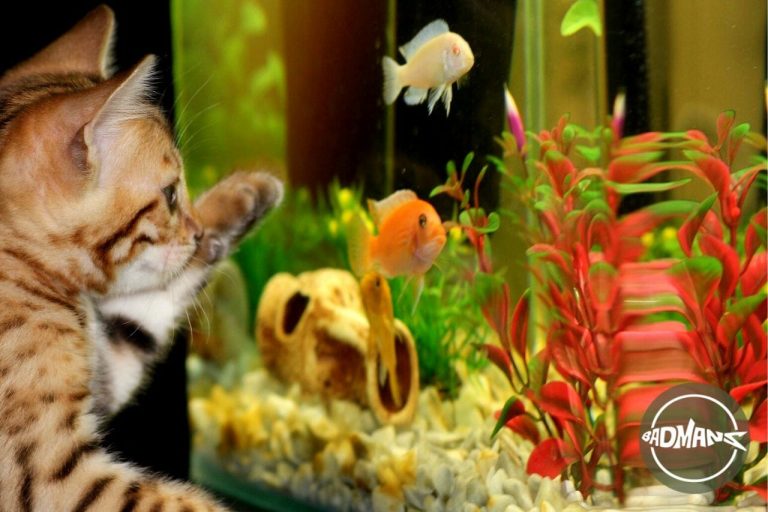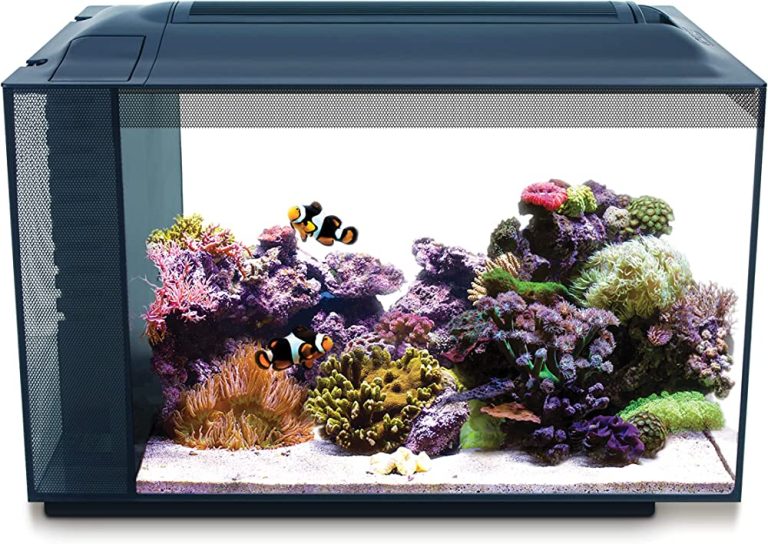Should I Turn Off The Filter When Feeding Fish
Should I Turn Off the Filter When Feeding Fish?
Feeding time is an exciting moment for both fish enthusiasts and their finned friends. It’s a chance to interact with your fish, observe their behavior, and ensure they receive the nutrients they need to thrive. However, there are some important considerations to keep in mind when feeding fish, and one of the most common questions that arises is whether you should turn off the filter while doing so.
While it may seem harmless to leave the filter running during feeding time, there are a few reasons why it’s beneficial to turn it off temporarily. Let’s explore these reasons in more detail.
Why Should You Turn Off the Filter?
1. Prevent Food from Being Sucked into the Filter
Filters are designed to remove waste and debris from the water, but they can also accidentally suck up fish food if it’s not consumed quickly. Turning off the filter creates a calmer water surface, reducing the likelihood of food being drawn into the filter intake. This ensures that your fish have ample time to locate and consume their food.
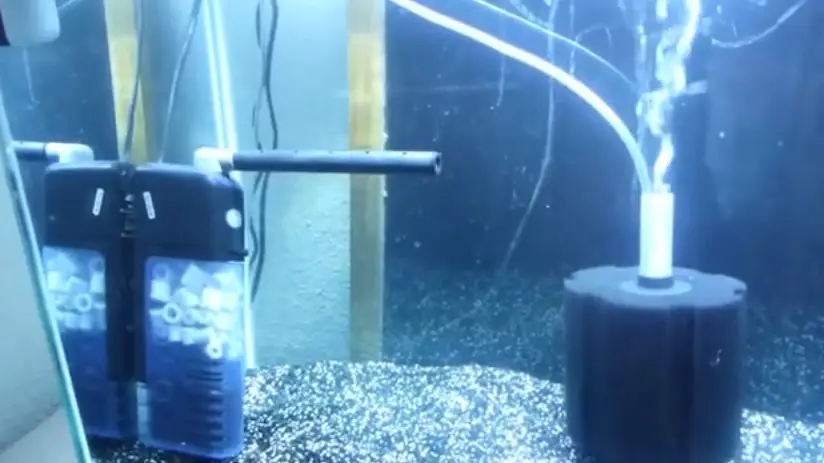
2. Encourage Natural Feeding Behavior
In the wild, fish are constantly seeking out food and engaging in natural foraging behaviors. By turning off the filter during feeding time, you can mimic this natural environment. With no strong water flow to carry the fish food away, your fish will have the opportunity to swim and search for their meal, encouraging natural feeding behaviors.
3. Minimize Stress for Timid or Slow-Eating Fish
Some fish species are naturally shy or slow eaters. Having a strong water current during feeding time can create stress and anxiety for these types of fish. By turning off the filter, you create a more peaceful environment, allowing timid fish to feel more at ease while they consume their food at their own pace.
4. Prevent Overfeeding and Water Pollution
Overfeeding is a common mistake made by fish owners. Fish are opportunistic eaters and will often consume whatever food is available, even if they are full. By turning off the filter and allowing the food to stay in the tank for a short period, you can better gauge how much food your fish actually need. Additionally, any uneaten food can be quickly removed before it has a chance to decompose and pollute the water.
5. Observe Your Fish Closely
Feeding time is an excellent opportunity to closely observe your fish. By turning off the filter, you can watch their feeding habits, monitor their health, and spot any potential issues. This dedicated time to interact with your fish will help you better understand their individual behaviors and needs.
Frequently Asked Questions
Should I turn off the filter for all fish species?
While it’s generally recommended to turn off the filter during feeding, there are exceptions. For fish that require a strong water current, such as some species of catfish or certain river-dwelling fish, it may be necessary to keep the filter running at a lower flow rate. These fish have adapted to thrive in fast-moving water, and without the current, they may become stressed or struggle to breathe properly.
How long should I turn off the filter during feeding?
The duration for which you turn off the filter will depend on your specific setup and the behavior of your fish. As a general guideline, turning off the filter for 10 to 15 minutes is usually sufficient for most fish species to find and consume their food. However, if you have slow eaters or very shy fish, you might consider leaving the filter off for a longer period to ensure they have ample time to eat without feeling rushed.
What if I forget to turn the filter back on?
It’s important to remember to turn the filter back on after feeding to ensure proper water circulation and filtration. If you forget to turn the filter back on, the water quality in your tank could suffer, which can be detrimental to the health of your fish. Consider setting a reminder or creating a routine to help ensure you don’t forget this essential step.
Final Thoughts
Feeding time is a critical moment for fish care, and turning off the filter during this period can provide several benefits. It prevents food from being drawn into the filter intake, encourages natural feeding behaviors, reduces stress for timid or slow eaters, prevents overfeeding and water pollution, and allows for closer observation of your fish. However, remember that some fish species may require a continuous water current, so it’s important to consider the specific needs of your fish when deciding whether to turn off the filter.
By understanding the dynamics of feeding fish and implementing these practices, you can help create a healthy and thriving environment for your aquatic companions. So, the next time you set out to feed your fish, don’t forget to give them their undivided attention by turning off the filter.
